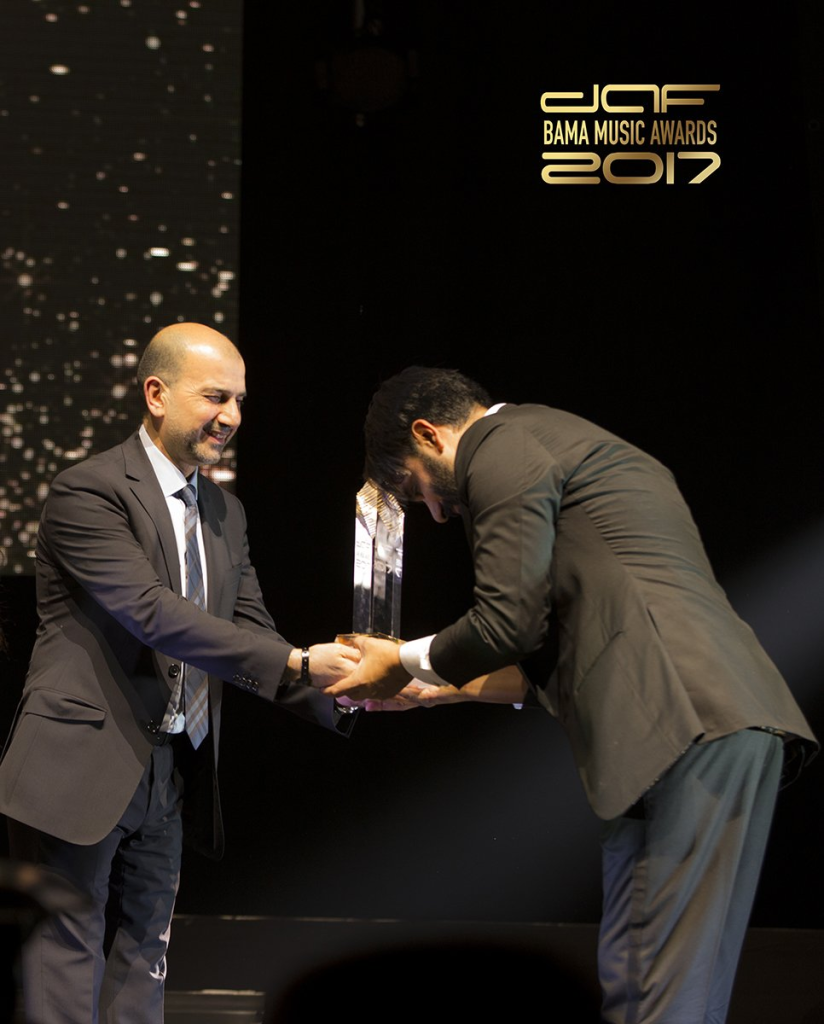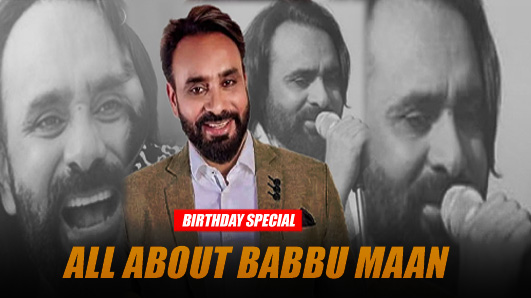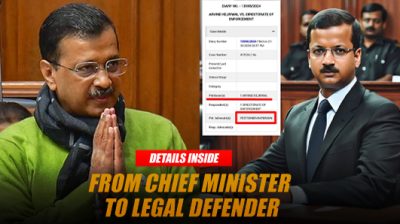Babbu Maan, born Tejinder Singh Maan on March 29, 1975, in the village of Khant Maanpur, Punjab, India, has become a name synonymous with Punjabi music and cinema¹. His journey began at a tender age when he gave his first stage performance at just seven years old.
Babbu Maan’s passion for music was evident early on, and by the age of 16, he was already composing lyrics, setting the stage for a remarkable career. His educational journey took him through a Government College in Ropar and Panjab University in Chandigarh, where he completed his M.A. in Urdu, further enriching his lyrical prowess.

Babbu Maan’s official entry into the music industry was marked by his debut album “Sajjan Rumal De Geya” in 1998. Although it did not meet his expectations, he did not let this setback deter him.
Instead, he revised and re-released most of the songs in his subsequent albums, showcasing his commitment to quality and his artistic integrity¹.
His third album, “Saaun Di Jhadi,” released in 2001, became a massive hit and featured evergreen tracks like “Chan Chanani,” “Raat Guzarlayi,” and “Dil Ta Pagal Hai,” which are cherished by fans to this day.
Over the years, Babbu Maan has not only been a singer but also an actor, lyricist, music director, producer, and screenwriter.
His contributions to Punjabi films and Bollywood soundtracks have been significant, and his role as an ambassador for the non-profit organization One Hope, One Chance, highlights his philanthropic side

. Maan’s accolades include four World Music Awards in 2014 and two daf BAMA Music Awards Germany in 2017, cementing his status as a global Punjabi music icon.

As we celebrate his birthday, we not only honor his artistic achievements but also his journey of resilience and relentless pursuit of musical excellence

















